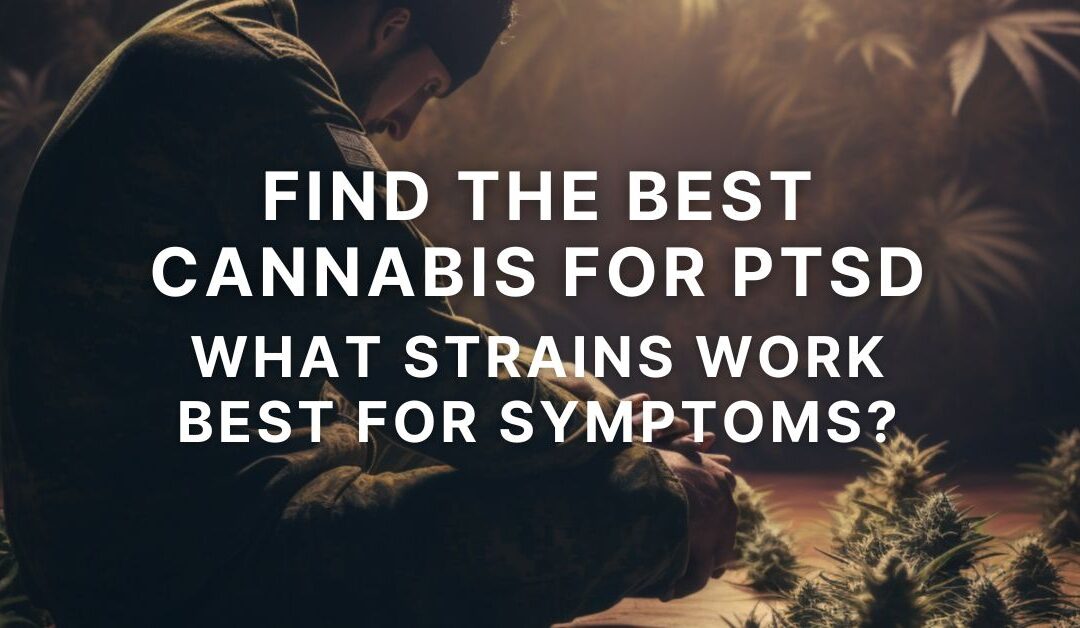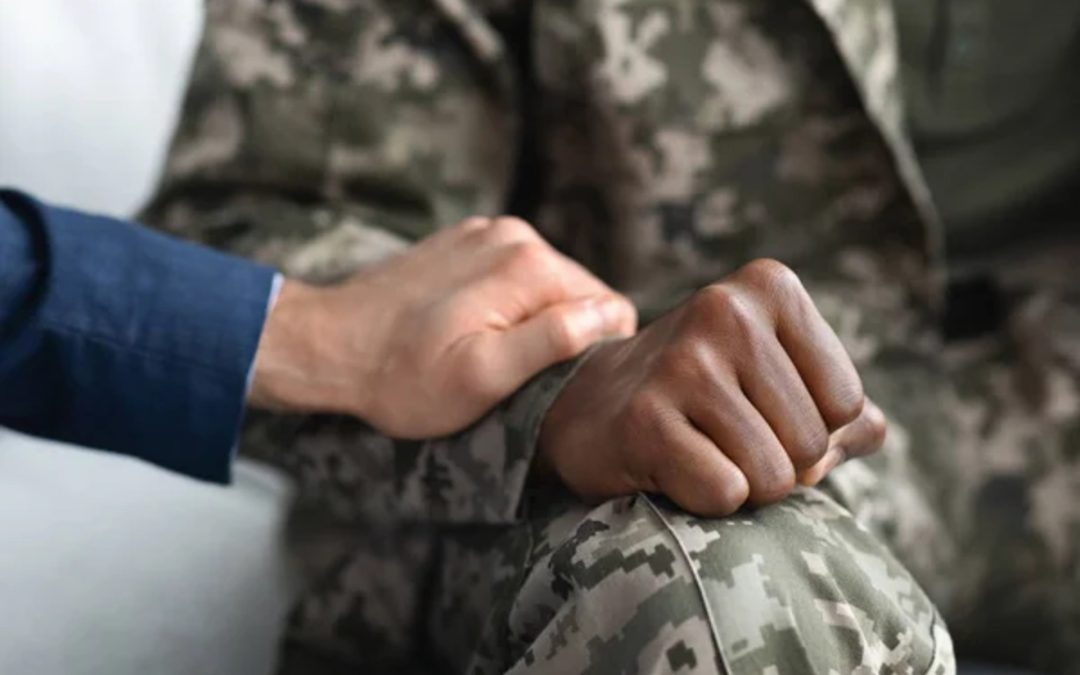Cannabis seeds, other plant material no longer “narcotics” On November 24, Thailand’s drugs Control Committee approved a legislation modification to remove cannabis and hemp’s leaves, branches, stems, trunks, bark, fiber, and roots off the government’s drugs list.
HM the King Maha Vajiralongkorn (Rama X) signed a measure to alter the Narcotics Act in February to allow medical cannabis in Thailand. Thailand legalized medical marijuana first in Southeast Asia.
The FDA, Public Health Ministry, and Narcotics Suppression Bureau authored Thailand’s military-appointed National Legislative Assembly’s December 2018 bill. It regulates medicinal cannabis research, cultivation, processing, possession, and sales.
Prime Minister Gen. Prayut Chan-ocha used his powers under Article 44, which legalizes any government action, to dismiss several foreign companies’ 10-year-old patent claims on cannabis derivatives filed with Thailand’s Department of Intellectual Property.
“It is necessary to cite these names as they and their supporters must be held responsible for the damage occurring when this law goes into effect,” Thairath, one of the nation’s largest newspapers, wrote shortly after. It was passed to benefit foreigners. Worse, other narcotics like opiates will escape prohibition.”
Thairath represents conservatism, whereas Bhumjaithai represents liberalism. The party’s election platform included legalizing cannabis under the “California Model” and allowing Thai citizens to grow up to six plants per home.
However, unlike California and several other US states that allow households to cultivate and possess cannabis for personal use, the Bhumjaithai proposal encourages ordinary citizens, whether users or not, to grow the plants to sell their harvest to the government.
“Plant and sell ganja for 70,000 baht per kilogram,” the party bannered Bangkok. Remove all mouth-and-belly restrictions.” Cartoon representations of a farmer standing before gold money on marijuana leaves accompany the message. Another sign said medical cannabis “will make Thais rich” and “reduces the power of the state.”
The government, like other sides on the cannabis question, prioritizes profit potential in business, medical, and export.
The 2011 UN World Drug Report, citing 2007 numbers, rated Thailand 135th in marijuana usage frequency out of 165 nations (tied with Mexico). The poll found that 1.2% of Thais aged 12–65 used cannabis at least once in the preceding year. That compared to 16.2 percent in the US, 29.5 percent in Papua New Guinea, 27 percent in Israel, 18 percent in Iceland, and 32.7 percent in Canada (global leader). Cambodia had 3.5 percent, Myanmar 0.9, Laos 0.9, Vietnam 0.3, and Malaysia 1.6. Singapore has the lowest usage rate, 0.0004%.
Though Thailand has long been associated with cannabis (especially “Thai stick”), the Kingdom’s Cannabis Act, B.E. 2477 (1935), the Narcotics Act of 2522 (1979), and the Psychotropic Substances Act of 2518 (1975) prohibited cultivation, possession, sale, and use.
Since 2005, liberalization has been slow. Hemp farming, study, and breeding followed. Northern hill tribal farmers cultivated it at Pang Da Royal Agricultural Station in Samerng district of Chiang Mai Province under Royal Project Patronage through the Highland Research and Development Institute (HRDI). HDMI and Mae Jo University grew European-compliant hemp with less than 0.3% THC dry weight.
Four Thai PVP-registered low-THC cultivars were bred.
In a public-private partnership between Maejo University and the Thai Cannabis Corporation, these strains are employed in oil-grade cannabis breeding research.
The first Thai law distinguishing hemp from marijuana was released by the Public Health Ministry in January 2017. Since January 2018, it permits industrial hemp growth with 1% THC dry weight. Permits were only issued in government-designated areas.
By 2017, 28 hemp fields totaling 64 rai (1 rai = 0.4 acres) were grown in Chiang Rai Province, 21 in Chiang Mai, six in Nan, two in Mae Hong Son, and one in Lampun. Tak Province had 27 plots on 43 rai, Petchabun one on two. 20 sub-districts of 13 districts in seven provinces had 86 plots on 152 rai.
Thailand’s Government Pharmaceutical Organisation (GPO) opened Pathum Thani’s first legal cannabis greenhouse this year after medical cannabis was legalized. The 100-square-meter structure cost 10 million baht to grow plants for extracting pure cannabis oils for medical and research purposes before the new medical marijuana law takes effect.
Accelerating R&D. Several Thai academic institutes want to do commercial industrial hemp and medical cannabis research. Rangsit University (RU), Chiang Mai University, Kasetsart University, Khon Kaen University, Rajamangala University of Technology Isan, and Naresuan University (NU) have joined Maejo University in cannabis breeding and production trials.
Rangsit University, which received the country’s first medicinal cannabis research license, developed a cannabis spray to relieve cancer and multiple sclerosis patients’ agony before legalization. In April 2018, the university unveiled their prototype product, made from chemicals extracted from Narcotics Control Bureau-provided low-grade illicit marijuana. Human studies had not yet been done. After legally cultivating medical-grade cannabis, the institution declared it will conduct such trials.
Naresuan University, which has a biotechnology and agriculture PPP track record with a leading multinational corporation, claims its research will produce high-quality cannabis-derived medicines in five years. The university uses resources from several faculties to develop marijuana and hemp-based medicines. All are GPO-approved. Since NU is prohibited from cultivating marijuana, the Royal Thai Police Narcotics Suppression Bureau supplies NU with bricks. This may change.
NU analyzes and separates cannabinoids to ensure proper THC and CBD levels.
Sublingual painkillers and aberrant skin therapies are being developed by researchers. They plan to create hemp-based gauze to bind and cure wounds.
Licensees can produce, possess, import, and export medical cannabis, but each transaction must be accompanied by a license. For therapeutic purposes, education, research, or developing agriculture, trade, science, and industry, it is legal.
No more than needed for certain ailments is allowed, with a prescription or certificate from a dentist, doctor, or Thai traditional medicine practitioner.
Since the existing law compels private entities to engage with state enterprises and have clearly stated research aims, we expect more Thai universities and research institutions to join the battlefield in the next months and years.
Will Thailand legalize the plant for enjoyment soon? It’s mostly criticized. The ‘Pan Ram’ event in Buriram Province, including music, art, educational programs, and vendors, is projected to draw 20,000 people.
Newin Chidchob, founder of the Bhumjaithai party, and other renowned Thai cannabis activists are supporting the event April 19-21 at the Chang International Circuit, a Formula 1 track in Buriram. A March 1–11 opinion survey is also noteworthy. In a Thamasat University-affiliated Super Poll of 1,116 working individuals, 58.5 percent of men and 43% of women supported Bhumjaithai’s pro-cannabis policies. Farmers, government workers, and private sector workers all agreed.
However, 90.6 percent of survey respondents oppose foreign ownership of Thai cannabis patents, therefore it may be advisable to find a joint-venture partner before entering the market.
Source: https://web.apsaseed.org/news/thailand-cannabis-industry









0 Comments